The Australian Renewable Energy Agency (ARENA) has committed $3.96 million (USD 2.64 million) to support the commercial development of Lab360 Solar’s photoluminescence inspection technology that it says could transform the way large-scale solar farms are monitored.
Lab360 is developing and trialling drone-based daylight photoluminescence (DPL) imaging technology for field inspection of solar modules in full daylight.
The startup, spun out of the University of New South Wales (UNSW), said its technology can spot faults and damage down to individual solar cells and offers a scalable and cost-effective alternative to conventional methods.
“High quality DPL image acquisition is enabled by switching the operating point of modules optically,” the company said. “The single module optical switching technique enables DPL image acquisition on individual modules. The string switching technique can be used in utility-scale solar farms, enabling DPL image acquisition of entire strings or of individual modules.”
Lab360 said its DPL techniques offer unique insights into quality variations within solar systems that cannot be gained from visual, thermal, or electroluminescence testing.
“Our drone-based DPL technology is a result of more than two decades of systematic research and development into luminescence imaging at UNSW,” Lab360 Chief Executive Officer Thorsten Trupke said.
“Once rolled out commercially, first in Australia and then globally, it will be central to ensuring that photovoltaic panels are a reliable and sustainable cornerstone of the future energy mix, by enabling better monitoring, early fault detection and long-term performance of solar assets.”
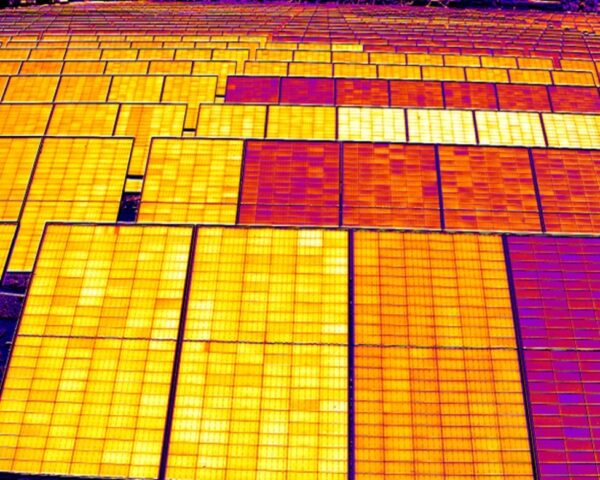
Image: Lab360
Trupke said the new funding will help ensure Lab360’s innovations can be transitioned from proof-of-concept demonstration, into fully operational commercial solutions.
It is anticipated the company’s first commercial offering will integrate DPL hardware and the associated software with a commercially available aerial drone.
ARENA CEO Darren Miller said Lab360’s technology has the potential to significantly reduce the cost and complexity of solar farm diagnostics.
“By spotting issues early and reducing the need for heavy equipment and associated labour, this innovation helps operators get the most out of their solar panels and supports Australia’s clean energy future,” he said.
The funding is part of ARENA’s Ultra Low-Cost Solar research and development (R&D) initiative that seeks to reduce the installed cost of solar to 30 cents per watt and bring the levelised cost of electricity below $20 per MWh by 2030.
This content is protected by copyright and may not be reused. If you want to cooperate with us and would like to reuse some of our content, please contact: editors@pv-magazine.com.
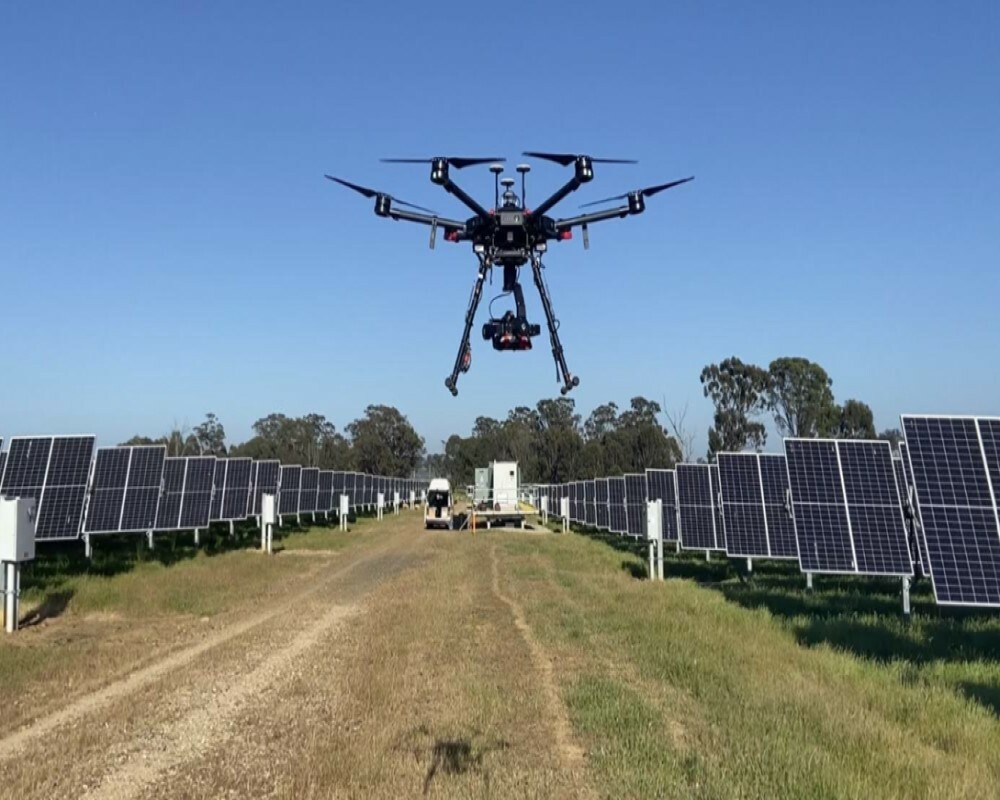
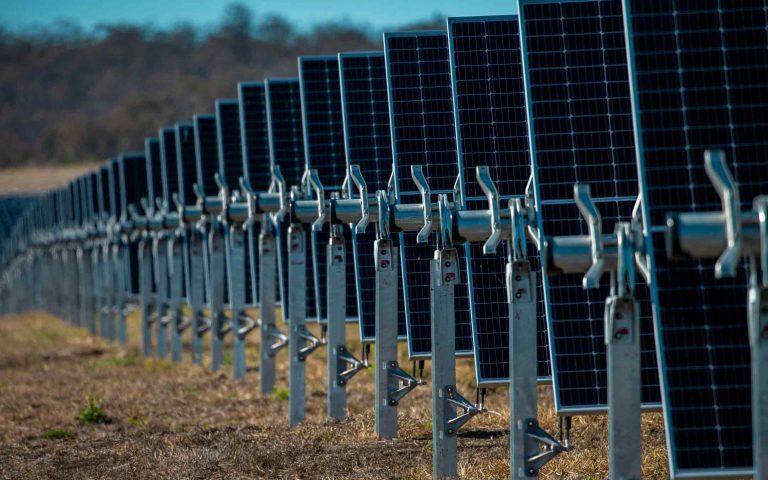


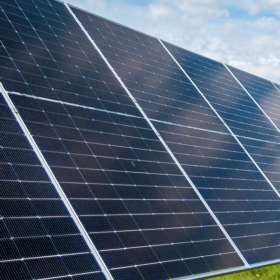


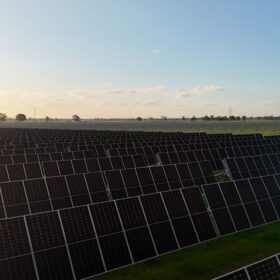
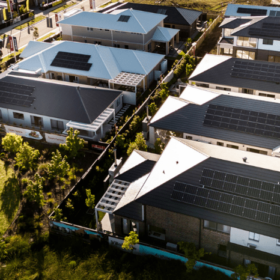
By submitting this form you agree to pv magazine using your data for the purposes of publishing your comment.
Your personal data will only be disclosed or otherwise transmitted to third parties for the purposes of spam filtering or if this is necessary for technical maintenance of the website. Any other transfer to third parties will not take place unless this is justified on the basis of applicable data protection regulations or if pv magazine is legally obliged to do so.
You may revoke this consent at any time with effect for the future, in which case your personal data will be deleted immediately. Otherwise, your data will be deleted if pv magazine has processed your request or the purpose of data storage is fulfilled.
Further information on data privacy can be found in our Data Protection Policy.